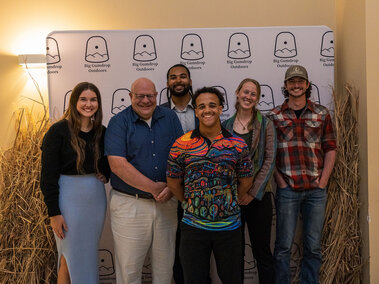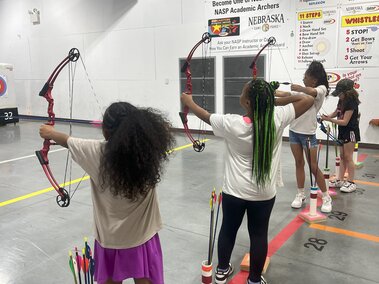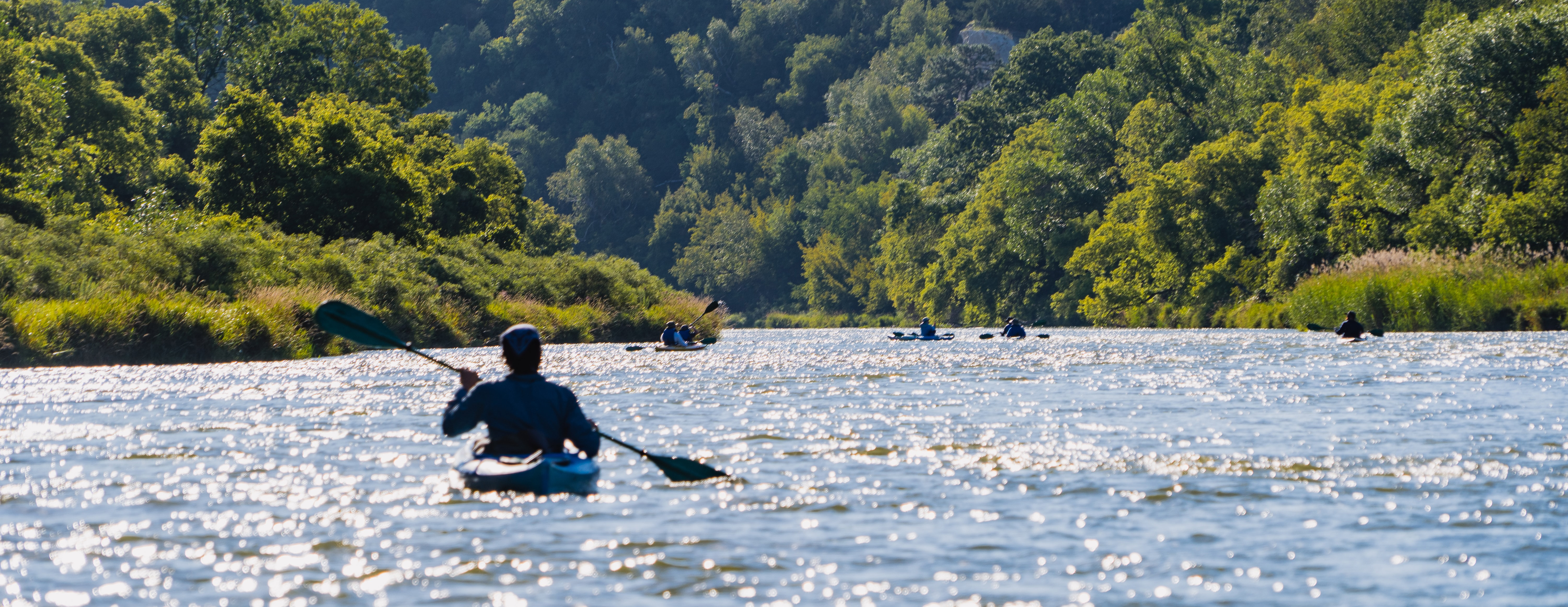Content
The Community Partner in Residence program at the Center for Great Plains Studies is a new program designed to promote greater collaboration between the Center and community organizations in the Lincoln area that engage in some way with the mission of the Center: to cultivate awareness of and engagement with the diverse people, cultures, and natural environments of the Great Plains. This program helps to fulfill the Center’s vision to serve as a bridge between scholars and community members to champion curiosity, ongoing inquiry, and creative expression through connecting the arts, humanities, natural sciences, and social sciences.
Our first Community Partner in Residence for 2025 is Big Gumdrop Outdoors, a non-profit based in Lincoln, Nebraska dedicated to educating underserved youth about nature. At the Center, we’ve found that forming an appreciation and understanding of the Great Plains environment is a key first step in furthering conservation efforts throughout the region. Much of our environmental education for the Center’s 50 years has been focused on the adult community, and this partnership offers a unique opportunity to further our mission with a new audience. This partnership will allow Center staff to collaborate on programs related to youth that further the missions of both the Center for Great Plains Studies and Big Gumdrop Outdoors.


Big Gumdrop Outdoors is a nonprofit 501(c)(3) organization based in Lincoln, Nebraska, dedicated to educating underserved youth about nature. Through hands-on activities that immerse youth in Nebraska's natural environment and teach essential wilderness skills, they inspire the next generation to explore the outdoors and consider careers in natural resources.
They currently serve community centers, youth, and families in and around the Lincoln area, while actively planning to expand their reach to urban areas like Omaha, Des Moines, Kansas City, Denver, and beyond—places where children often spend more time on concrete than on dirt. By meeting youth where they are and fostering a love for nature, they aim to instill lifelong habits that benefit both individuals and the environment. Through these efforts, they strive to inspire a new generation of environmental stewards who understand the value of the natural world and the importance of preserving it for future generations.
